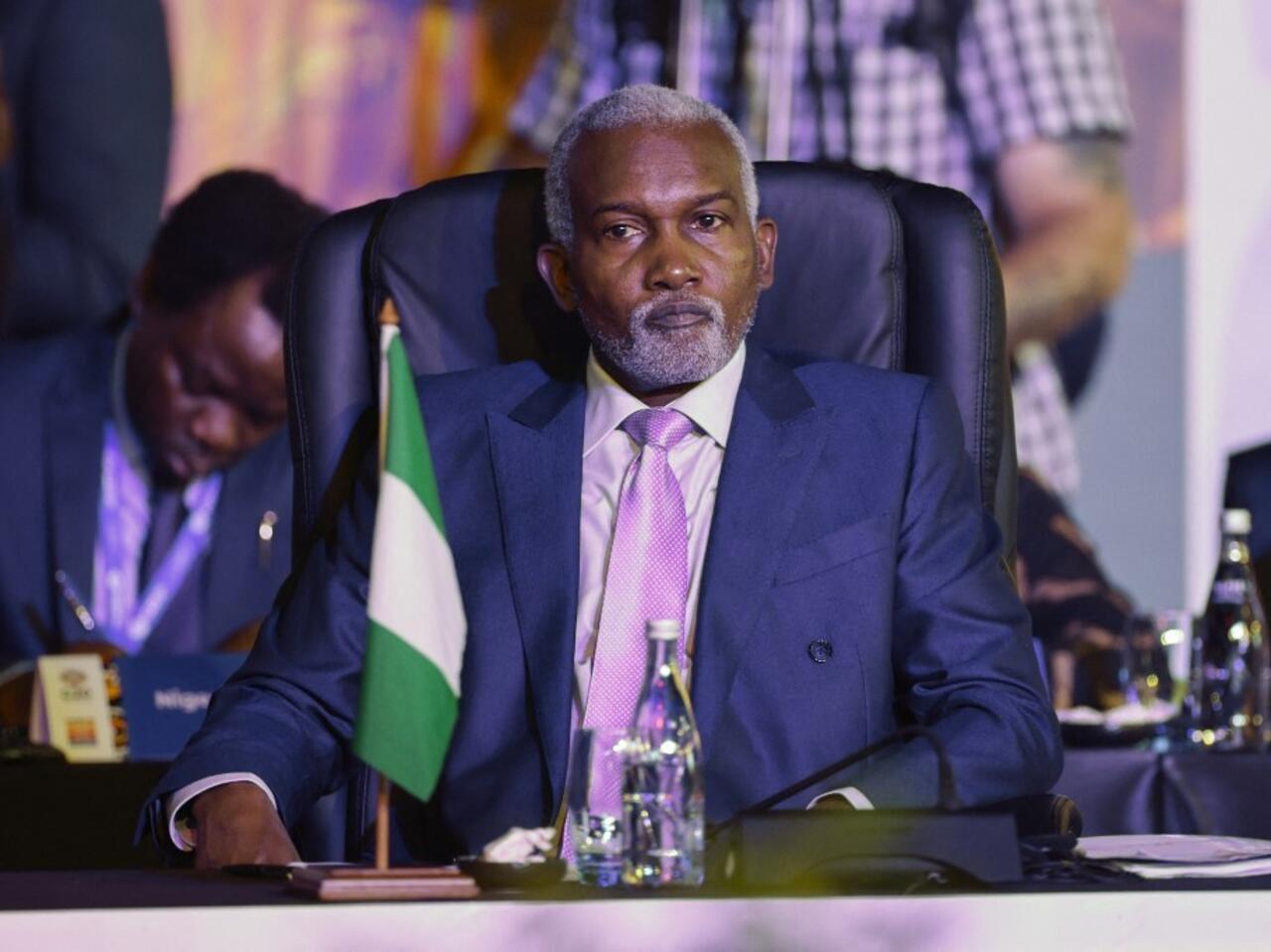The Confederation of Sahel States: a new era for regional sovereignty
Mamoudou Samoura
Director of publication Africa Eye
Senior expert in international relations and African geopolitics
On July 6, 2024, the military leaders of Mali, Burkina Faso, and Niger announced the creation of the Confederation of Sahel States (CSS), marking a decisive step in their pursuit of sovereignty and regional cooperation.
This initiative, led by regimes that have come to power through unconventional means, reflects a clear desire to break away from traditional structures, notably the Economic Community of West African States (ECOWAS), perceived as being influenced by external forces.
The CSS aims to pool resources and efforts in strategic areas such as security, agriculture, energy, and infrastructure. This approach seeks to address common challenges, including combating terrorism and promoting socio-economic development, by favoring indigenous solutions tailored to Sahelian realities.
However, this new configuration raises questions about its viability and impact on regional stability. The break with ECOWAS, a well-established pan-African organization, could lead to diplomatic and economic tensions, especially since previous sanctions have already weakened these countries’ economies.
Furthermore, the geopolitical orientation of the CSS, characterized by closer ties with powers like Russia, raises concerns about the growing influence of non-African actors in the region. The presence of foreign paramilitary groups, notably the Wagner Group, adds complexity to local security dynamics.
It is imperative for the CSS to clearly define its objectives and governance mechanisms to ensure effective and transparent cooperation. The legitimacy of this confederation will depend on its ability to meet the aspirations of Sahelian populations for peace, security, and development, while upholding democratic principles and human rights.
After all, the creation of the Confederation of Sahel States represents a bold attempt to redefine the regional order in West Africa. Its success will hinge on the leaders’ willingness to prioritize collective interests and commit to inclusive, transparent governance that respects international norms.
-

Africa and the EU Reach for the Stars in Historic Space Partnership
Edition : Africa Eye During the NewSpace Africa Conference held in Cairo, the African Union and European Union jointly launched a... Regional and international cooperation -

Niger’s Foreign Minister Outlines New Diplomatic Vision to International Partners
Edition: Widad WAHBI On Wednesday, April 23, 2025, Niger’s Minister of Foreign Affairs, Mr. Bakary Yaou Sangaré, presented the country's evolving... Regional and international cooperation -

Ugandan Army Chief Meets with Congolese Militia Leaders to Discuss Regional Peace Efforts
Edition: Widad WAHBI The Ugandan People’s Defence Forces (UPDF) announced that their commander held a high-level meeting on Tuesday near Kampala... Regional and international cooperation -

Côte d’Ivoire : Thiam écarté de la présidentielle pour nationalité française
Rédaction : Reda El Ghazal La Cour d’appel d’Abidjan a confirmé mardi dernier l’exclusion de Tidjane Thiam, ancien dirigeant de Credit... Politics -

US Tariffs Trigger IMF Growth Downgrade for Global Economies
Editorial : Africa Eye The International Monetary Fund (IMF) has slashed its global growth projections, pointing to unprecedented US tariffs as... Economy -

Burkina Faso Claims to Have Foiled a Major Coup Plot Orchestrated from Côte d’Ivoire
Edition: Widad WAHBI Burkina Faso’s military government announced on Monday evening that it had thwarted a “major plot” aimed at plunging... Politics

 Follow the latest news on WhatsApp
Follow the latest news on WhatsApp  Follow the latest news on Telegram
Follow the latest news on Telegram  Follow the latest news on Google News
Follow the latest news on Google News  Follow the latest news on Nabd
Follow the latest news on Nabd 












